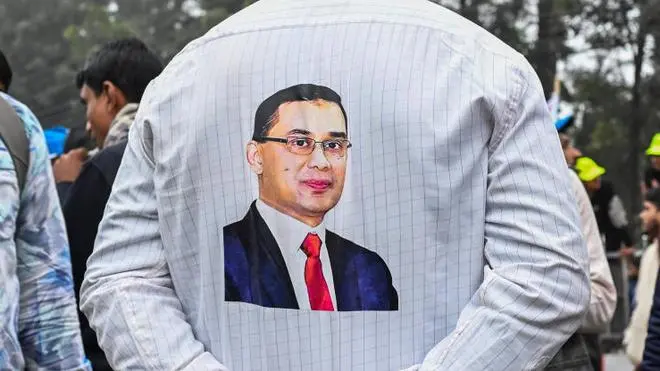Washington D.C. – The United States is on the brink of a government shutdown after the Senate failed to pass a temporary funding bill, threatening to halt several federal services. The Republican-led bill, designed to fund the Trump administration until November 21, required 60 votes to pass but only received 55, falling short by a significant margin.
The debate in the Senate saw intense exchanges between Republicans and Democrats. Democrats pushed for the inclusion of healthcare provisions in the bill to ensure benefits for millions of Americans, while Republicans insisted these issues be handled separately. With no compromise reached, the bill collapsed, triggering the legal requirement to suspend “non-essential” government operations.
If a shutdown occurs, many federal departments will significantly scale back operations. Agencies not related to critical services, including life or property protection, will furlough staff. During Trump’s previous 35-day shutdown, 340,000 employees were sent home without pay, while others continued work without compensation until government operations resumed.
Essential services such as FBI investigations, CIA operations, air traffic control, military services, social security checks, Medicare claims, veterans’ health services, and postal services are expected to continue. However, many other departments will experience major reductions. The Department of Education plans to furlough nearly 90% of its staff, although student aid will continue. Institutions such as the Smithsonian museums and the National Zoo will close, while the FDA has warned of delays in drug and equipment approvals. The National Park Service may close some sites, keeping others open with limited staff.

President Donald Trump warned that delays in funding could lead to widespread layoffs among federal employees. Both parties blamed each other for the stalemate, with Democrats criticizing the administration and Republicans over the lack of agreement.
Congressional leaders continue to negotiate, but with deep partisan divides, there is growing uncertainty over how long the shutdown may last. If unresolved, Americans may face delayed salaries, disruptions in government services, and increased pressure on national security operations.
This marks the first shutdown since Trump’s return to the White House, highlighting the persistent polarization in budget priorities and legislative deadlock. The stakes are high as millions of federal employees and citizens reliant on government programs await resolution.










